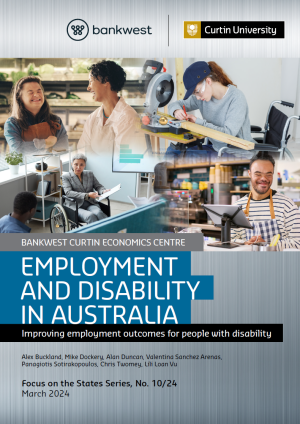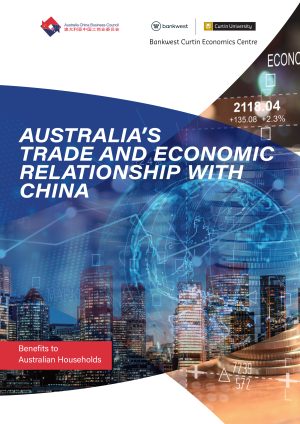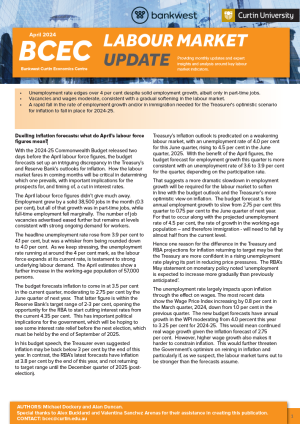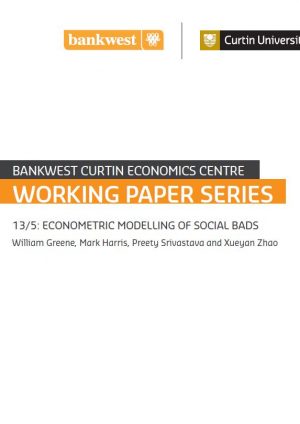Econometric Modelling of Social Bads
Abstract
When modeling “social bads”, such as illegal drug consumption, researchers are often faced with a dependent variable characterised by an “excessive” amount of zero observations. Building on the recent literature on hurdle and double-hurdle models, we propose a double-inflated modeling framework, where the zero observations are allowed to come from: non-participants; participant misreporters (who have larger loss functions associated with a truthful response); and infrequent consumers. Due to our empirical application, the model is derived for the case of an ordered discrete dependent variable. However, it is similarly possible to augment other such zero-inflated models (zero-inflated count models, and double-hurdle models for continuous variables, for example). The model is then applied to a consumer choice problem of cannabis consumption. As expected we find that misreporting has a significant (estimated) effect on the recorded incidence of marijuana. Specifically, we find that 14% of the zeros reported in the survey is estimated to come from individuals who have misreported their participation.





